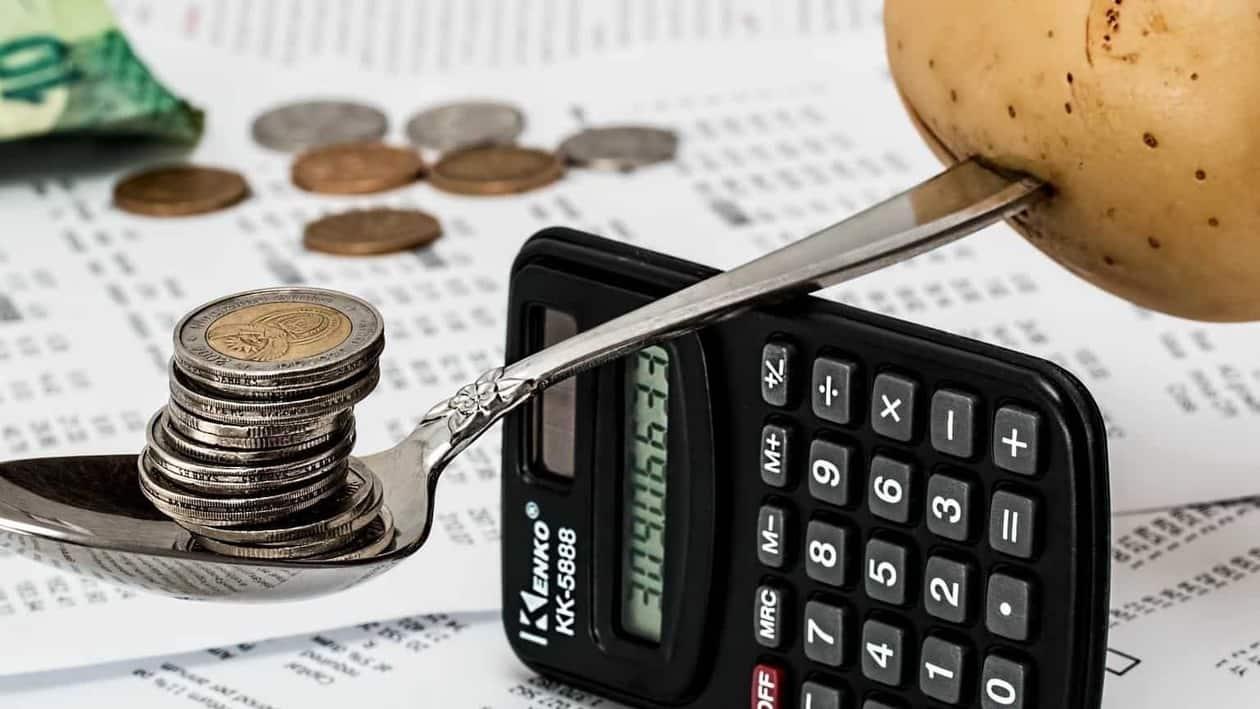'Urban poor' was a term that received considerable attention on various social media platforms six years ago. This World Savings Day, MintGenie explains you how to not be an urban poor.
This term gained popularity after a media outlet cited examples of several millennials who were broke and hungry yet on trend in an article.
It gave the example of a young marketing professional who, with her first income, purchased a car and now sleeps in it. She was beginning to starve because of her rent and loan installments because between paying the rent and buying a car just to keep up with the standards, she chose the later.
Another was a young journalist who, despite having access to subsidized food in the workplace cafeteria, refused to eat throughout the day but would pay Rs. 200 for a sandwich at a fancy restaurant.
They are not at all "poor," both objectively and in comparison to the great majority of Indians. But they're undeniably starving and frequently poor. These metro-dwelling 20 - year olds have internalized the demands in their environment and spend the bulk of their income maintaining the lives and personas they feel are necessary to maintain the wages they earn.
Urban poor are the homeless individuals who reside on the city's sidewalks and bundle their stuff into plastic bags to stash in the bushes. These are the individuals that perform those odd jobs for you.
Not these young people, just because they have an option between renting an apartment and buying a car. to purchase a sandwich for Rs. 200 or to eat at the workplace. The ability to choose distinguishes them from the "poor."
After reading this, you may realize it was the poor financial decisions that made them reach the condition they are in. And to not become one of them, one just needs to be sane enough to be able to take the right decisions.
How to keep yourselves away from them?
The major trigger which led an individual to take these decisions are comparisons and social media amplifies the intensity of the comparison game. Your friend's post about their beautiful couch with the perfect toss pillows makes your couch appear like it was found on the side of the road.
Furthermore, your most recent family vacation seems like a miserable trip to the state fair in comparison to that well-known blogger's post about the amazing all-inclusive resort she visited.
What does it end? Never. These things all drain your finances, take away from your future financial aspirations, and steal your joy.
Another crucial aspect is keeping tabs on your expenditures. No matter how much (or little) money you make, you'll never have financial control if you don't keep track of your spending. You'll actually constantly feel as though you are owned by your money.
The issue for the majority of us is when we buy things on impulse just because we want them right away. Before considering if we actually need something, we just want to go with the trend. However, it is important to know where you should be spending your hard earned money to be able to control your finances.
The key to keep your finances in control is to create better money habits in your daily life. However we all know that’s easier said than done. Hence, one should start step by step and keep moving forward and in the right direction.
